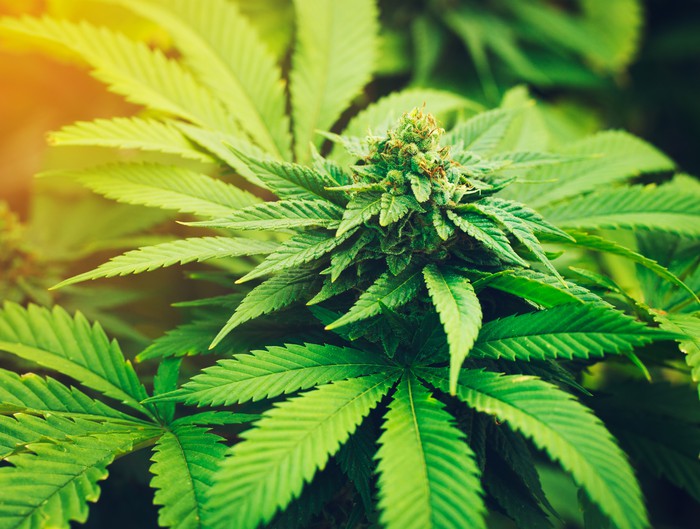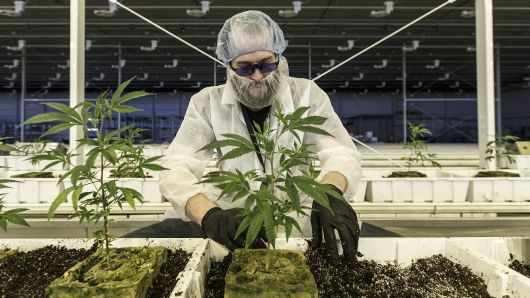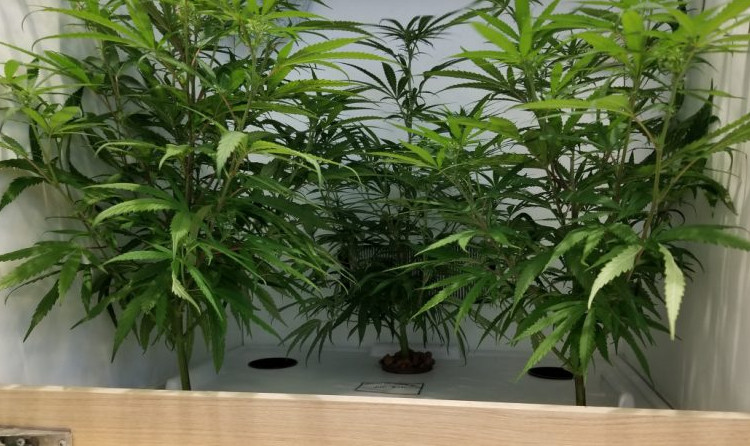Most of you don’t smoke marijuana, for medical or recreational use. So you may be wondering, as you hear that Michiganders can vote to make recreational marijuana legal in the Nov. 6 election: Why should I vote yes?
Here’s the short answer: Michiganders should vote YES this fall on Proposal 1 because
• Prohibiting it outright does not work (about 15% of Michiganders used marijuana in 2015, according to federal data).
• Enforcing laws against weed consumes significant law enforcement resources.
• The impact of that enforcement effort falls disproportionately on African Americans, who use marijuana at the same rates as whites, but are four to 10 times more likely to be arrested for it.
• Legalizing marijuana and regulating its possession and use can provide needed tax revenue.
Michigan would hardly be a trail-blazer if it votes to decriminalize pot. Nine other states have already done so, and Canada will join the queue next month, bringing legal weed a few minutes’ drive from Southeast Michigan.
Nor would legalizing marijuana unleash a weed free-for-all. If the initiative passes, pot would be regulated a lot like alcohol: Both buyers and sellers would have have to be over 21, and driving under the influence would be illegal.
Illegal weed is so freely available that it’s difficult to believe there’s a large, untapped population of Michiganders longing to try the stuff, but unable or reluctant to buy it. Other states where voters have approved legal marijuana have found no significant increases in substance abuse rates or deadly traffic accidents.
What about kids? With marijuana legal, parents will have to communicate the same caution, and employ the same watchfulness they employ when monitoring alcohol use — just one more conversation in a child’s adolescence.
Michigan legalized medical marijuana back in 2008, via a ballot initiative likewise approved by voters. Implementation of that law has been challenging, but the rocky road paved by the state’s shakedown cruise with medical pot augurs a more streamlined process for legal recreational marijuana, says Eric Lupher, president of the nonpartisan Citizens Research Council.
If Proposal 1 is adopted, recreational marijuana will be subject to the state’s 6% sales tax and a 10% excise tax. That’s significantly lower than other legal-weed states’ excise taxes (in Washington State, for instance, the excise tax is 37%), and should encourage current smokers to buy from legal dealers: “If you want people to move out of the black market,” Lupher notes, “10% is an incentive to do that.”
Revenue generated by legalizing weed would be distributed to several sources:
-
For at least two years after legalization, $20 million will be devoted to research on the effectiveness of marijuana in combating PTSD and other mental health problems experienced by veterans, and veteran suicide prevention
-
35% to k-12 public schools
-
35% for roads and infrastructure
-
15% to cities with weed retail shops or microbusinesses
-
15% to the counties in which cities with weed shops or microbusinesses are located
According to the American Civil Liberties Union, states spend about $3.6 billion each year enforcing marijuana laws. Nationally, more arrests are made for marijuana possession than all violent crimes combined.
And again, black Americans are more likely to be the subjects of those arrests than their white fellow citizens, a phenomenon documented in cities across the country. Legalizing marijuana doesn’t erase those racial disparities, research has found: Even when marijuana-related arrest rates plummet, African Americans are still arrested more often than whites. But reducing the number of Michiganders incarcerated for these non-violent crimes and redirecting scarce law enforcement resources to more urgent priorities is a sensible step whose time has come.
Credit: www.freep.com/













